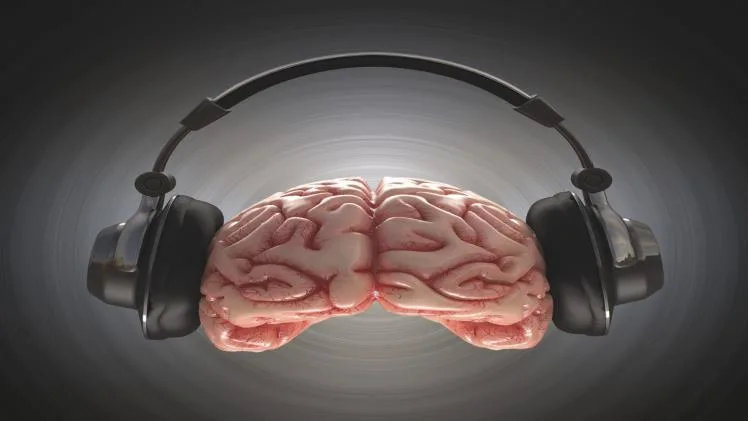Since the development of technology, there have been many changes in the ways that we create, listen to, and engage with music. Music has been a part of human culture for thousands of years. Technology has transformed the music industry in countless ways, from streaming services to music production software. But how does music technology affect our brains? We will examine the psychology of music technology and how it impacts us neurologically in this article.
The Science of Music and the Brain
Music has been found to stimulate almost every area of the brain, including those associated with emotion, memory, language, and movement. When we listen to music, our brains release dopamine, a neurotransmitter that is associated with pleasure and reward. This is one reason why music is often used as a tool for relaxation, mood enhancement, and stress relief.
Research has also shown that playing music has many benefits for the brain, including increased cognitive function, improved memory, and better emotional regulation. One study found that learning to play a musical instrument can increase the size and connectivity of certain areas of the brain.
The Impact of Technology on Music Creation
Digital audio workstations (DAWs) and other types of music production software have made it simpler than ever for anyone to compose and produce music.
However, there are also potential downsides to the democratization of music production. With so much music being created and distributed online, it can be difficult for artists to stand out and make a living from their work. Additionally, the ease of creating music may lead to a decrease in quality and originality. To combat this, using high-quality royalty free music can help to elevate the overall quality of music production.
The Evolution of Music Consumption
The way we consume music has also been greatly impacted by technology. Streaming services like Spotify and Apple Music have made it easier than ever to access a wide range of music from any device, at any time. This has led to a shift away from physical media like CDs and vinyl records and has also changed the way we discover new music.
However, the convenience of streaming services also has its drawbacks. With so much music available at our fingertips, it can be overwhelming to decide what to listen to. Additionally, the low cost of streaming services may lead to a devaluation of music and a decrease in revenue for artists.
The Benefits of Music Technology for Mental Health
Music has long been recognized as a powerful tool for mental health. With the rise of music technology, we have seen even more opportunities for using music as a therapeutic tool. For example, music therapy is now widely used to help individuals with a range of mental health conditions, from depression to PTSD.
In addition to music therapy, there are also many consumer-facing music apps and services that can be beneficial for mental health. For example, apps that use machine learning to create personalized playlists can help individuals with anxiety or depression regulate their emotions.
The Potential Risks of Music Technology for Mental Health
While music technology can offer many benefits for mental health, there are also potential risks to be aware of. For example, excessive use of headphones or earbuds can lead to hearing damage, and listening to music at high volumes can lead to tinnitus.



